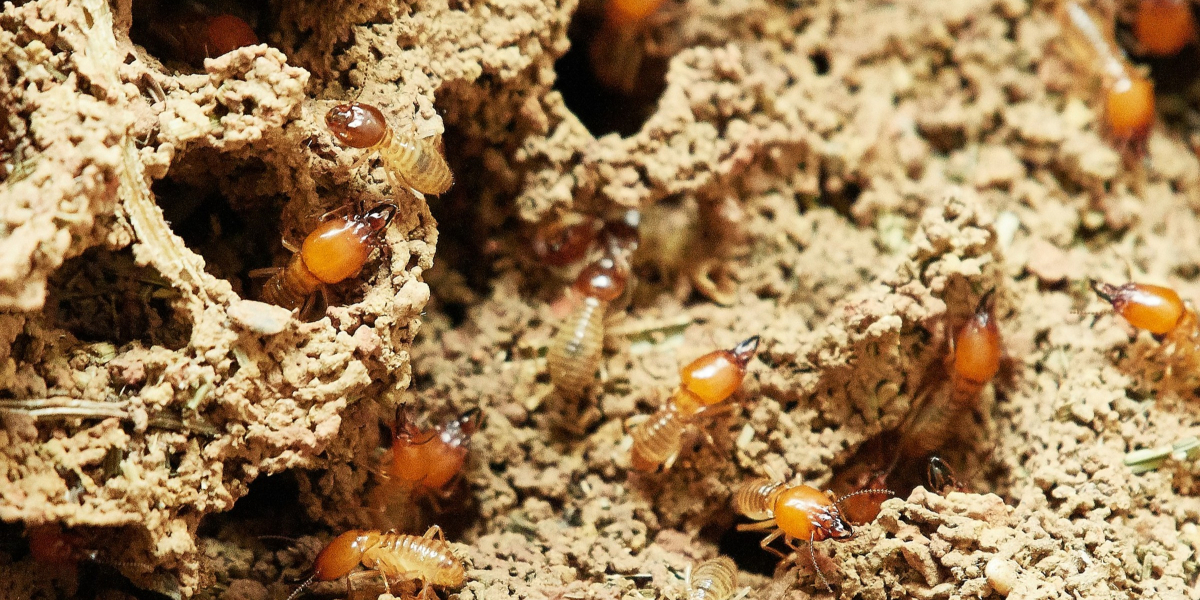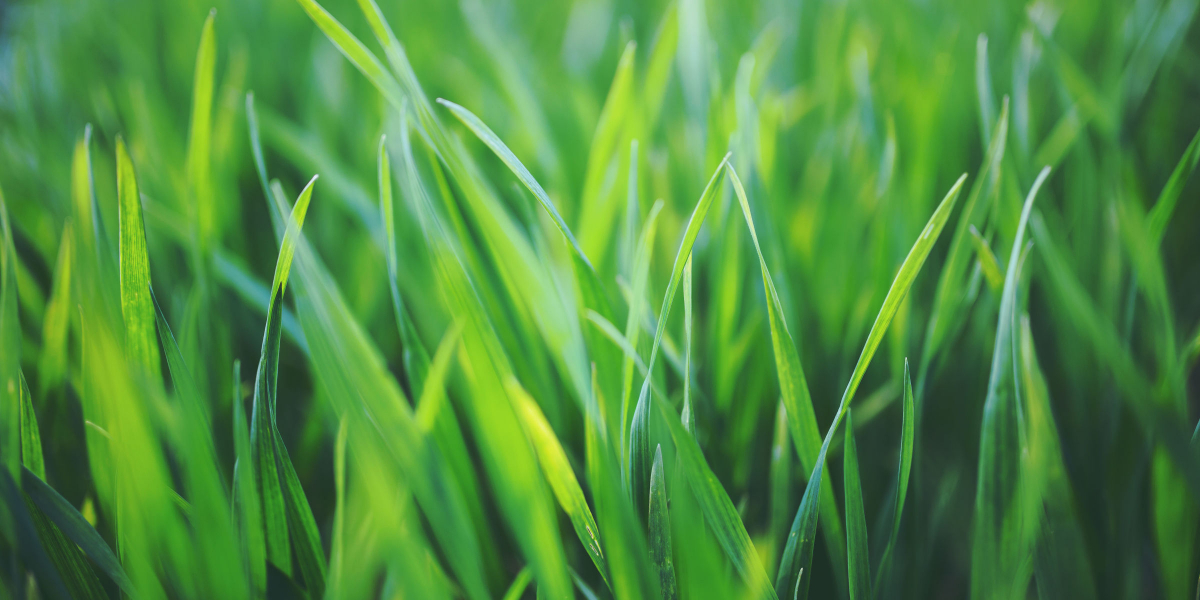 Does Mulch Attract Termites
Does Mulch Attract Termites
Homeowners have been debating the connection between mulch and termite infestations for a while now. One side insists that termites and mulch go together like peanut butter and jelly, while the other side is convinced it’s all an urban legend.
Unfortunately, while the story of someone unknowingly purchasing a bag of termite-infested mulch is a myth, the idea that mulch attracts termites is all too true.
It’s important to know the two things termites need to survive: a cool, damp place to live and as much delicious cellulose (an organic fiber found in wood) they can eat. If you’ve ever picked up a typical bag of mulch, you can understand the problem. A majority of store-bought mulch is filled with the cellulose termites love to eat, and one of the purposes of mulch is to keep soil cool and moist.
Does Mulch Attract Termites?
When you lay down mulch, you’re also at risk of inviting any nearby termites to a bug buffet.
That being said, you don’t have to go dig out all of your freshly-laid mulch in a panic. Statistically speaking, a majority of yards in the United States are home to termites. Wild termites have no real reason to attack your house. For one, they probably aren’t even aware of your house in the first place! Secondly, there is absolutely no shortage of cellulose in nature. In fact, it’s in practically everything, from leaves and roots to the grass that makes up your lawn. Since termites like to keep in cooler and damp environments, almost all their eating occurs completely underground and out of sight.
What mulch does do, however, is provide termites with a cool, moist path to your home. Because it’s such an ideal environment for them, it wouldn’t take long for a large colony of termites to discover a fresh foundation of mulch and decide to move in. If your mulch is laid close to your house, then you could be putting your foundation at risk.
The best way to prevent a problem is to keep mulch slightly away from the foundation of your home, especially if you have any exposed wood close to the ground. Also, frequently raking and replenishing your mulch will keep it dry, making termites less likely to want to make a home there. Being careful about where you mulch around your home, such as mulching only in spots that get plenty of sunlight, will protect against an in-home infestation.
If you suspect your home is experiencing a termite infestation, fill a small trap with some bait wood and half-bury it near the suspected problem area. If you unearth it in a few weeks’ time and see it filled with the pests, treat the baited wood with something that will kill them.
Quality Landscape Supplies in MD & VA
At Colony Supply Center, we offer only the highest-quality mulch and other landscape products we can find. We know the health of your yard and your home is important. If you have any questions about what type of mulch is right for your yard, or how best to lay down mulch, contact our landscape supply experts. We’re happy to help!


